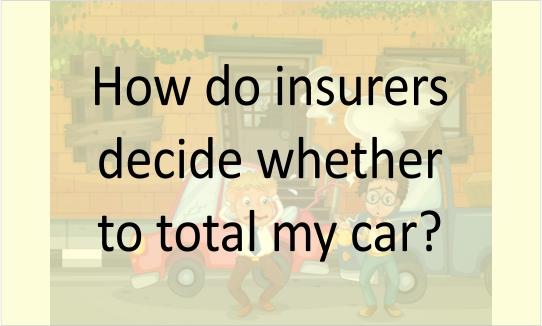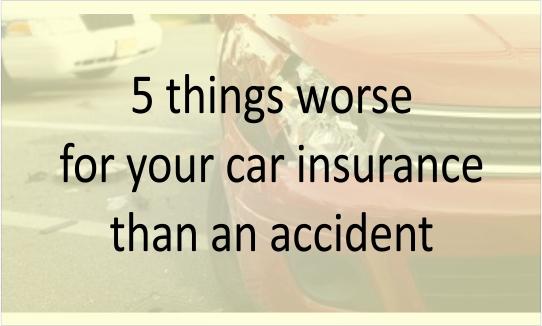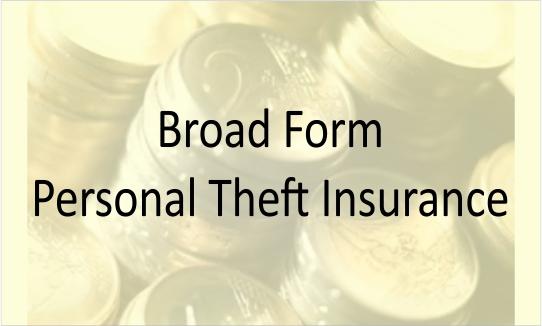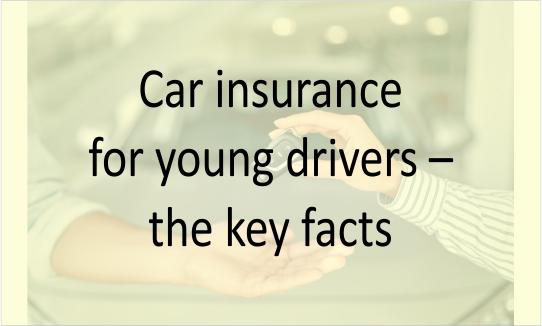How do insurers decide whether to total my car?

A car insurance company's decision to total a car depends on the extent of the damage following an accident.
Car insurance companies take into account several factors when deciding whether to total your car, including:
- Repair estimates
- List value
- Salvage value
- State laws, if applicable
While each car insurance company approaches the decision differently, many insurers declare the vehicle a total loss if the estimated cost of repairs plus the salvage value equals or exceeds the car's actual cash value.
The actual cash value is a car's fair market value – or, replacement cost less depreciation. Adjusters typically determine a car's actual cash value by looking to their company's proprietary database of values.
Some insurers total the car if repair costs exceed a certain percentage of the car's actual cash value. Common thresholds for totaling a vehicle are 51 percent or 80 percent of the value, at the insurer's discretion.
Some states impose guidelines for the percentage at which a vehicle can be declared a total loss.
Defending your interests
There are steps you can take to either challenge the insurance adjuster's determination or to reclaim the totaled vehicle.
Challenging list value. According to the Insurance Information Institute, the policyholder is entitled to the pre-accident market price of the car. The book value, based on the car's make, model and year, may understate your vehicle's market value. You can argue that your vehicle is worth more than the standard listed price by submitting service and mileage records, as well as affidavits from mechanics.
Disputing an insurance assessment. To dispute the claims adjuster's assessment, you may hire an independent appraiser, contact a consumer representative at the state's department of insurance or, as a last resort, pursue arbitration or litigation.
Reclaiming a totaled vehicle. Most insurers allow owners to retain a totaled vehicle. In this case, you could collect the car's actual cash value minus your insurance deductible and any salvage value your insurance company forfeits by returning the car to you.
5 things worse for your car insurance than an accident
It turns out that there are other driving infractions and changes to your insurance coverage that will crank up your auto rates even more than an accident. While a DUI is an obvious one, who would have thought that a lousy credit rating, adding a teen driver or even speeding tickets can result in a bigger bump than an accident? What raises your auto insurance rates more than an accident? We looked at 43 driving situations encompassing common tickets, accidents and scenarios to see which ones result in a higher rate increase than an accident. An accident claim means you will typically pay around 32%, or $459, more a year for insurance. How much adding a teen driver raises your insurance Adding a teen to your policy will hike your rates more than an accident. According to our data, putting a 16-year old male on your policy will result in a 160% increase, which translates into $2,292 on average. If your new driver is female…
Broad Form Personal Theft Insurance
Broad Form Personal Theft Insurance covers the theft or loss of personal assets. DEFINITION of Broad Form Personal Theft Insurance Broad frorm personal theft insurance covers the theft or loss of personal assets. It can be placed on all personal property, and is on an all-risk basis meaning no matter whether the loss is from vandalism, theft or loss, the same coverage will apply. A limited form of broad form insurance is more commonly known as personal theft insurance. BREAKING DOWN Broad Form Personal Theft Insurance There are limitations on the coverage of personal assets which are most often subject to theft such as jewelry, coins and securities, among others. Personal assets insurance is commonly included in homeowners and auto insurance, however, additional insurance may be…
Car insurance for young drivers - the key facts
Young drivers’ car insurance is likely to be very expensive and as a new driver it’s good to know about different coverage levels and what affects how much you pay. Here you can find out everything you need to know about new driver car insurance, how to get the best deal and reduce your premiums. Young driver insurance tips So you’ve passed your test, you’ve chosen a car, and now all you need is insurance! If you’re driving without car insurance then you’re breaking the law. You could have your vehicle confiscated, be issued a penalty fine, and have to pay to have your car released. What’s more, if you’re uninsured and have an accident…


